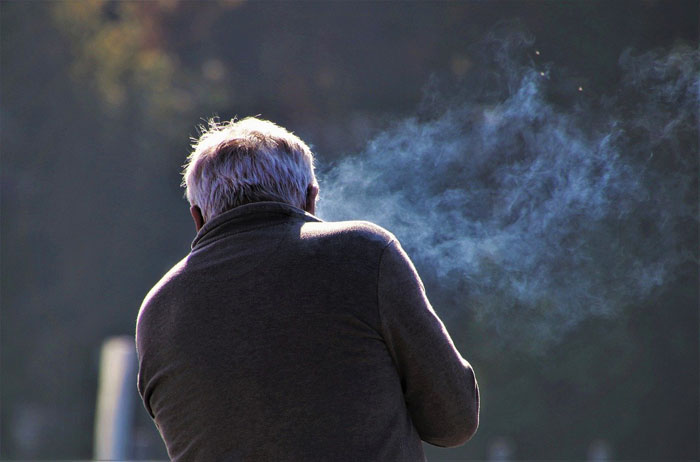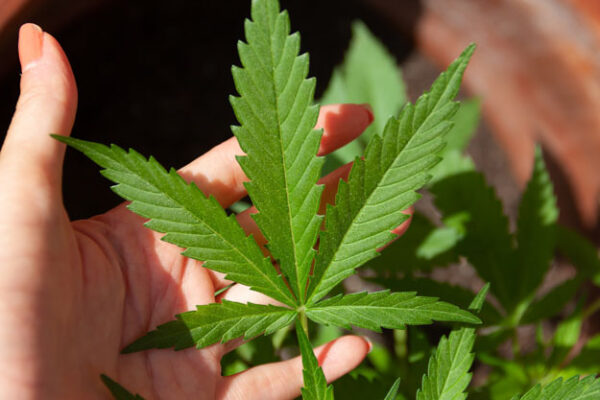Have a question? 06 70 73 89 02
🔞 Not for sale to under 18s
🔥 20% off EVERYTHING on the site with the code: FLASH!!! 🔥 ( except accessories and gummies)
Have a question? 06 70 73 89 02

Very much in vogue since it was first authorized for the market,CBD is used by consumers for its relaxing effects. Completely legal in France, CBD is not considered illicit. Yet you may be wondering whether CBD can be detected in tests? And how do we deal with a roadside check when in possession of CBD?
Let's take a quick look at what CBD (cannabidiol) is, and why it's perfectly legal to consume it in France today. CBD products are even sold in pharmacies. CBD is a molecule naturally present in cannabis, discovered over seventy years ago and whose effects have been studied by scientists ever since.
CBD is said to havea soothing effect, reducing stress and improving sleep, while avoiding a psychotropic effect, unlike THC (tetrahydrocannabinol). In France, CBD is authorized for consumption with a THC content of 0.2%. It is therefore perfectly legal to consume CBD in any form whatsoever, provided this level is respected. Whether in flower, resin or oil form, CBD is a product that can be consumed with complete peace of mind from a legal point of view.
Even though CBD is perfectly legal, perhaps you'd be stressed about possessing it or having consumed it if you were to be stopped by law enforcement.
The police have several means at their disposal to search for narcotics, including the saliva test. Commonly used by law enforcement officers, the test is both simple and highly effective. It is carried out by taking a sample of the test subject's saliva, and the results are immediate. If the color of the test strip changes, this means that the person being tested has taken drugs, and the police will need to determine which one. No matter how much has been consumed, the saliva test will detect it.
The following drugs can be detected: cannabis, detectable 6 to 10 hours after consumption; amphetamines, detectable up to 60 hours after consumption; and opiates, detectable after 48 hours. However, you have nothing to fear if you've only consumed CBD! There's no risk with CBD because it's undetectable with the tests used by the police, who don't look for this type of molecule during road safety checks, but for drugs, notably THC. And here, zero tolerance will be the order of the day.
So there's no reason to refuse a saliva test when you've consumed CBD, especially as you're liable to a hefty fine if you refuse - a fine of up to 4,500 euros, two years' imprisonment and six months' withdrawal of your driving license. So don't take any chances if you're legal.
However, it's not impossible that a saliva test could reveal a small trace of THC if excessive CBD consumption is taking place. Indeed, CBD is legal in France if it contains less than 0.3% THC, but if abused, the level may be higher than that required by law. The way it is taken can also change the test result: flowers, for example, are not intended to be smoked like a joint. Similarly, the soothing effect of CBD is not the same for everyone, each with their own sensitivity. Even without the "high", CBD has a relaxing effect on your body. It's up to you to manage your consumption and the effects that follow.
In short, in the event of a saliva test, there is a very small probability that THC will be detected following the consumption of CBD, but if your consumption is excessive, there is a risk. Nevertheless, if there is any doubt as to the nature of the products concerned, the authorities may decide to have you undergo a screening test, which will clear you of any illegal action under the law. In the event of a dispute, you can take a urine or blood test to determine the precise THC level in your blood.

CBD is perfectly legal: you have the right to buy, possess and consume it whenever you want, even at work. This authorization is valid for extracted products such as pollen, crystals or wax, unprocessed products such as flowers or infusions, and products in which CBD is used as an ingredient, such as cosmetics or dietary supplements.
For this reason, we strongly advise you to keep your purchases in their original packaging, and to check the level of cannabinoids indicated on the package leaflet before consuming them: it's much easier to prove the low cannabinoid content indicated on a package leaflet than to try and explain to the police that the little bag of flowers you have without any labelling is not illegal. So there's no need to take the risk of a time-consuming inspection, or the risk of having your goods confiscated until the police have checked that they contain no illegal substances, even though they are authorized.
So bring your packaging and instructions for use for all your CBD-containing products.
In conclusion, you have nothing to fear in the event of a saliva test carried out by law enforcement authorities on your normal CBD consumption. This molecule is not tested for and is not illegal if your consumption remains reasonable.